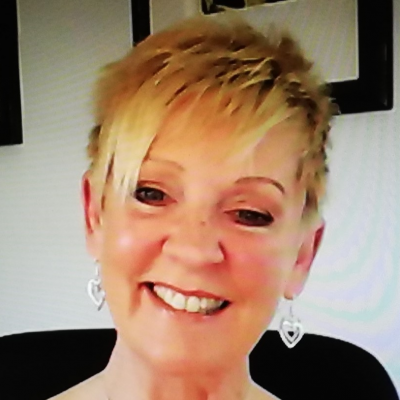Understanding 'medical trauma'
As a trauma psychotherapist and with personal experience of medical trauma, the lack of knowledge surrounding this specialist area has always baffled me. Yet, on a weekly basis I seem to be exposed to it more and more, either through friends and colleague's experiences, or in the counselling room. Largely categorised under the 'post-traumatic stress disorder (PTSD)' label, medical trauma originates from a cocktail of complex circumstances, which has led to my desire to draw more attention to a subject that many of us have either experienced personally, or vicariously.
Medical trauma occurs as a direct consequence of an association with a medical setting, be it a hospital, doctor's surgery or similar. It can arise from the news of a chronic life changing illness, a life threatening diagnosis, or a routine operation that has impacted in a negative way, leaving a fear of a medical setting. Symptoms occur from a variety of complex interactions, between the patient and medical environment, the patient and the medical staff and the diagnostic and/or procedural experience that takes place. A combination of these factors results in a unique and personal interpretation of the event which can have a powerful psychological impact. Anything medically related that causes an unwelcome change in circumstances and quality of life can make us feel depressed, anxious, isolated and frightened, as we struggle to adjust, and sharing those feelings with a counsellor who can help make sense of this internal struggle, can be the first step towards normalising the situation.
How can counselling work with medical trauma?
Sometimes, it can be as simple as having the freedom to talk about your anxieties or fears with somebody who will listen, understand and hear what you are saying without judgement, criticism or opinion. Someone who will offer empathy and compassion, and ensure you have a safe space in which to explore your traumatic event. Counselling for medical trauma can be challenging as well as liberating, but ultimately helps you gain control of your trauma and anxieties instead of being controlled by them. Whilst healthcare professionals are experts in their medical field, their priority is first and foremost to make their patients physically well as quickly as possible, and it's when this hasn't been feasible through unavoidable and unexpected circumstances that medical trauma may arise.
As Plato said...
"The greatest mistake physicians make is that they attempt to cure the body without attempting to cure the mind; yet the mind and body are one and should not be treated separately."

Find a therapist dealing with Trauma
All therapists are verified professionals






